BACK TO finalistS
Finalist: Interior Design
KONNAATI - THE YAKSHAGANA PUPPETRY STUDIO
Konnaati – The Yakshagana Puppetry StudioKonnaati is a cultural intervention that bridges tradition and innovation through architecture, storytelling, and sustainability. Located on MG Road, Bengaluru—an epicenter of creativity and connectivity—the project reimagines an urban void into a vibrant platform celebrating the dying art of Yakshagana Gombeyaata, Karnataka’s traditional puppetry. Rooted in the epic narratives of […]

Konnaati – The Yakshagana Puppetry Studio
Konnaati is a cultural intervention that bridges tradition and innovation through architecture, storytelling, and sustainability. Located on MG Road, Bengaluru—an epicenter of creativity and connectivity—the project reimagines an urban void into a vibrant platform celebrating the dying art of Yakshagana Gombeyaata, Karnataka’s traditional puppetry.
Rooted in the epic narratives of South India, Yakshagana puppetry is a rich form of performance that dates back over a century. These puppets, carved from the halemara (blackboard tree), come to life through master puppeteers who manipulate six strings to enact mythological tales. Konnaati is envisioned not only as a space to showcase this tradition but also as a participatory hub where community, craft, and contemporary design intersect.
The name Konnaati is derived from “konne” (corners) and “nati” (actors/puppets) in Kannada, signifying the intimate street-corner performances of the past. The architectural and material language draws heavily from the Dravidian heritage, while embracing modern sustainability principles. The design metaphorically resembles a bookshelf—a container of stories—where puppets are displayed, narrating tales through both static and performative means.
The studio uses reclaimed wood, recycled coconut shell panels, flexiply seating, and cane mesh partitions to embody a cradle-to-cradle philosophy. Surfaces and partitions are constructed using puppet-making waste, rattan cane, and urban plastic waste, converting potential discards into functional, beautiful elements. Textiles of varying transparencies and recycled fabrics reflect the play of light and shadow, echoing the dramatic essence of the puppetry art form.
The design emphasizes accessibility and inclusivity. Located opposite the Rangoli Art Centre, the studio complements an existing cultural landmark, creating a synergistic public art corridor. Its layered spaces range from public performance zones to private workspaces, encouraging free-flowing movement and layered interactions. A large puppet suspended in the atrium, encircled by a spiral staircase, becomes the emotional anchor—evoking wonder and curiosity.
Programmatically, the ground floor includes the reception and waiting areas, leading to a gallery and performance space. Red oxide flooring and reclaimed furniture establish a sense of warmth and rootedness. The upper levels house puppet exhibitions, souvenir spaces, workshops, and puppeteer workspaces. Lighting strategies—such as recessed ceiling lights and coconut shell pendants—enhance mood and wayfinding, especially within fabric-draped enclosures that reveal and conceal the puppets as visitors move.
Bay windows on both floors offer moments of pause and reflection while adding depth to the studio’s facade. The design reflects a balance of solid and void, structure and fluidity—mirroring the dual nature of puppetry as both spectacle and craftsmanship.
To extend the reach beyond the physical studio, Museum on Wheels—a modular, mobile extension of the project—brings puppetry to streets and schools via interactive trailers. These trailers act as mobile installations that educate, engage, and preserve. The fourth trailer, in particular, targets younger audiences to foster early interest in traditional arts, countering the cultural erosion brought on by rapid technological change.
In essence, Konnaati is more than a building—it is a living, evolving tribute to cultural preservation, sustainable design, and community empowerment. By integrating waste lifecycle solutions, repurposed materials, and a performative spatial experience, the project aims to create a self-sustaining ecosystem that keeps Yakshagana puppetry alive for generations to come.
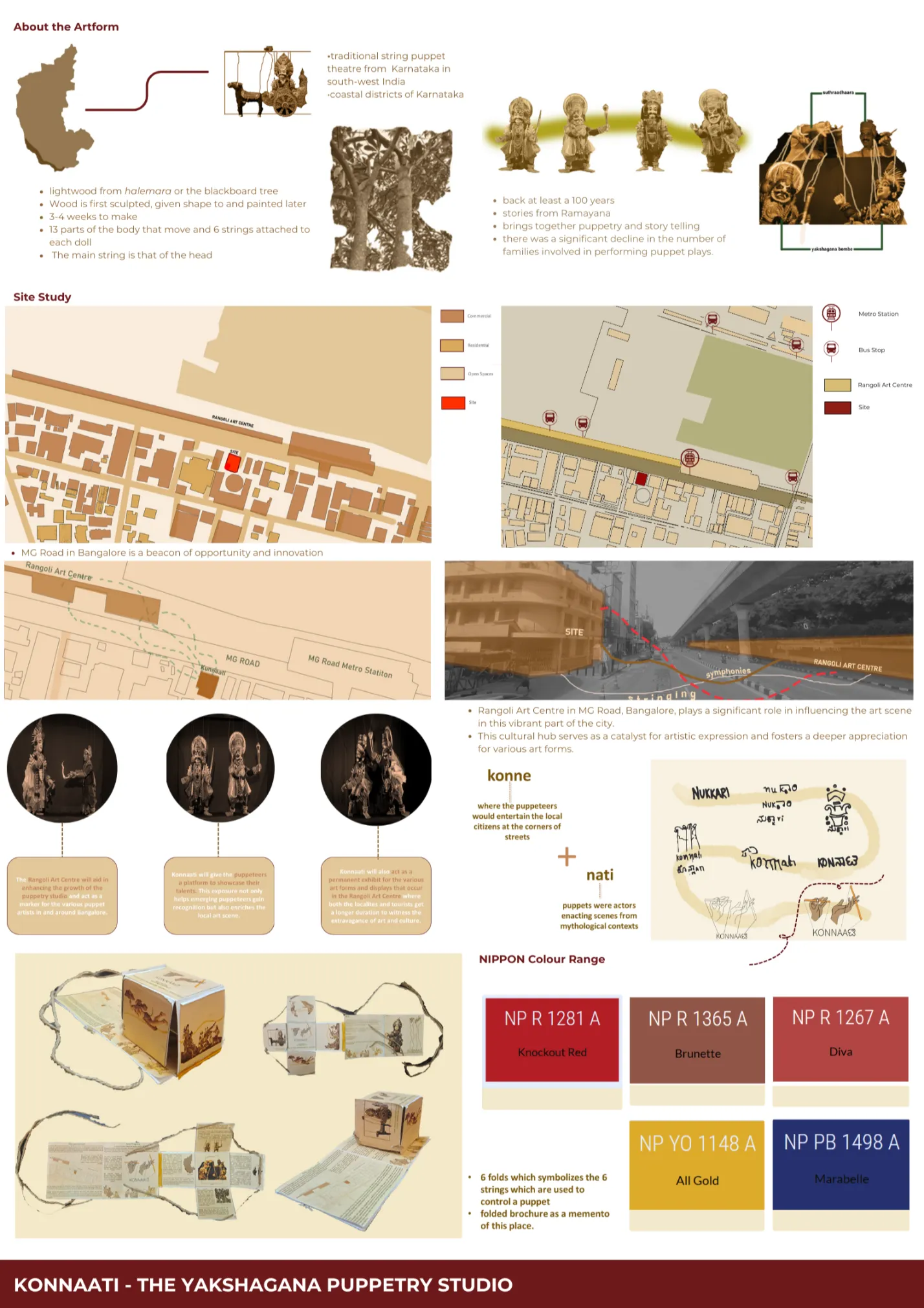
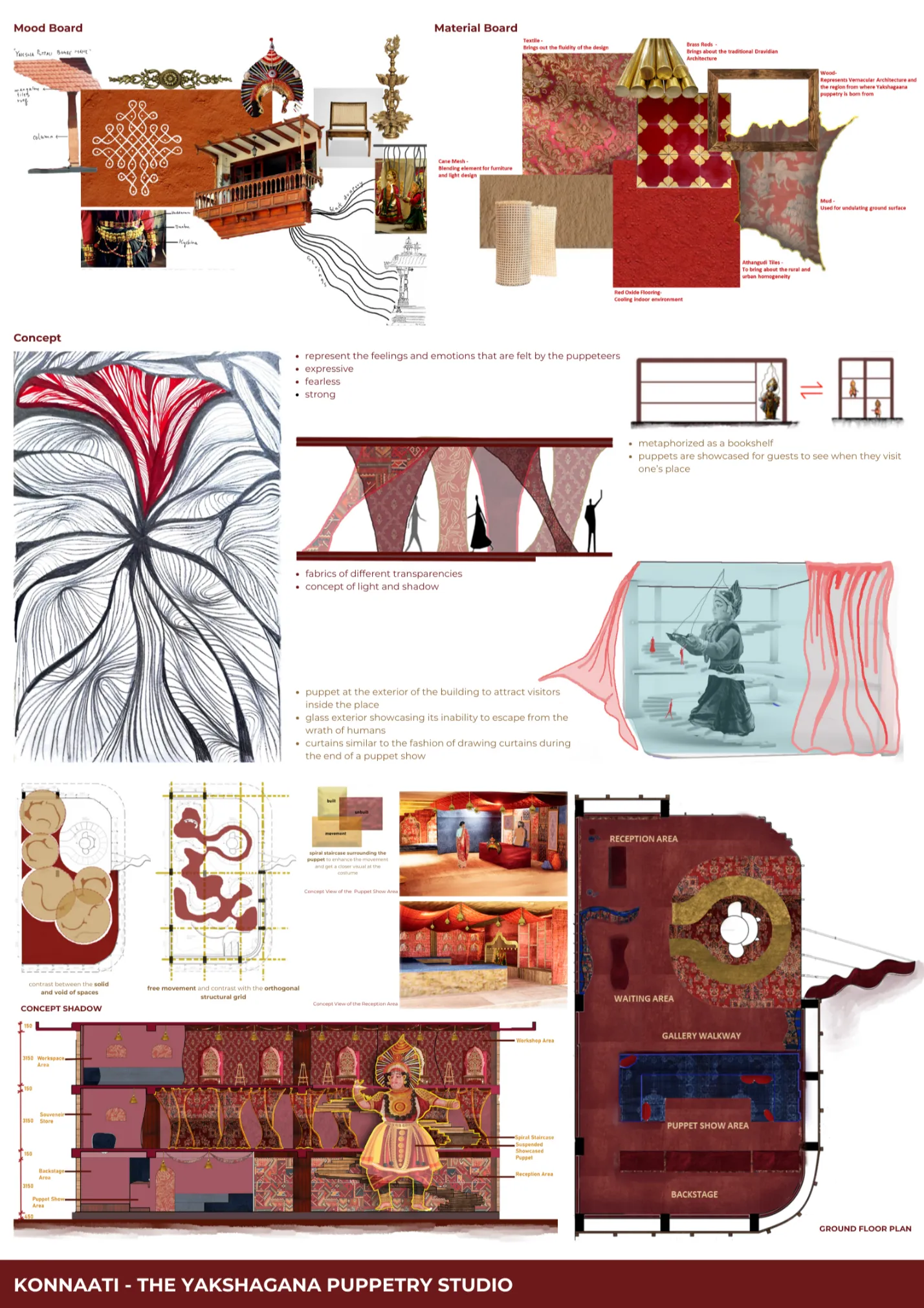
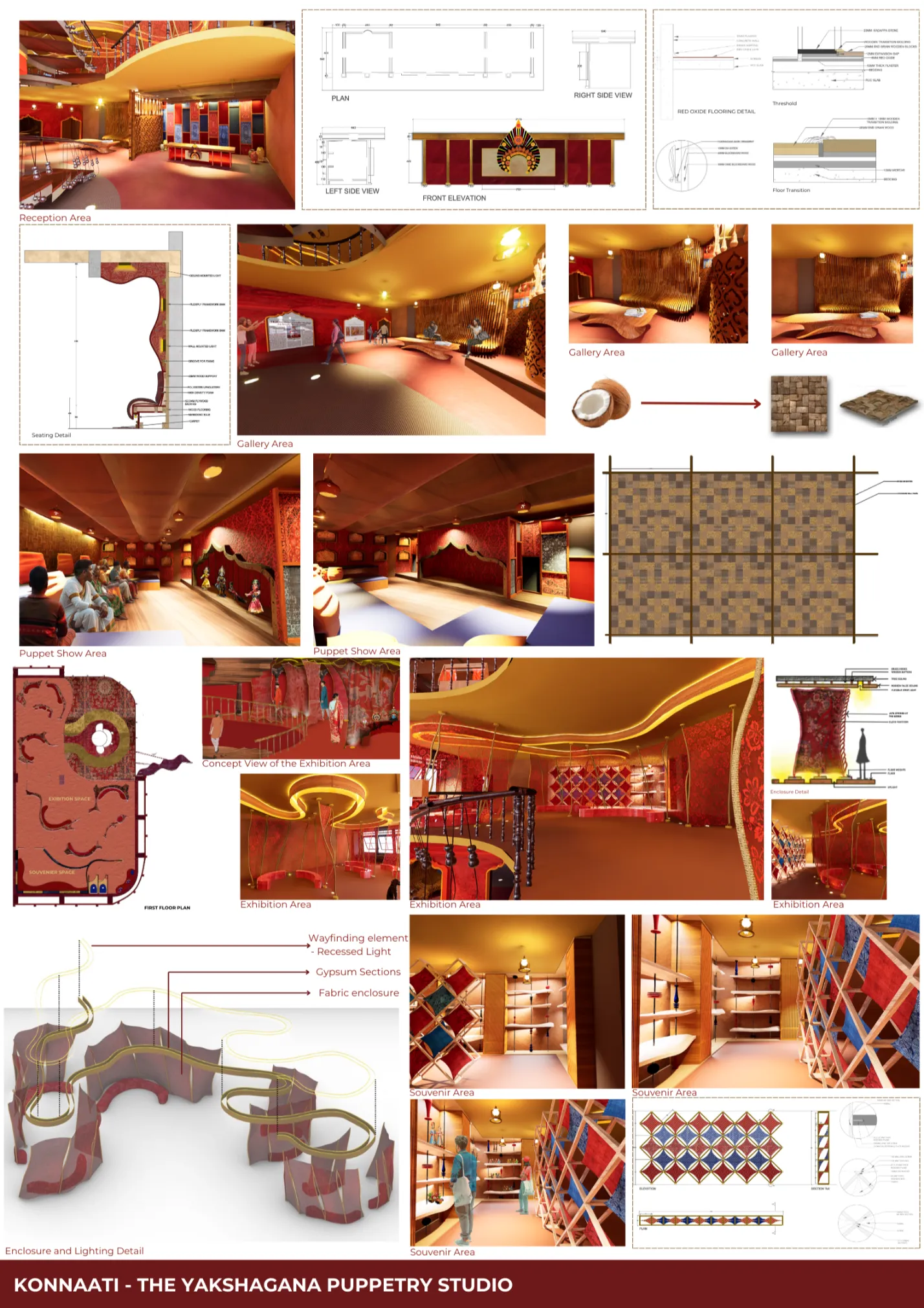
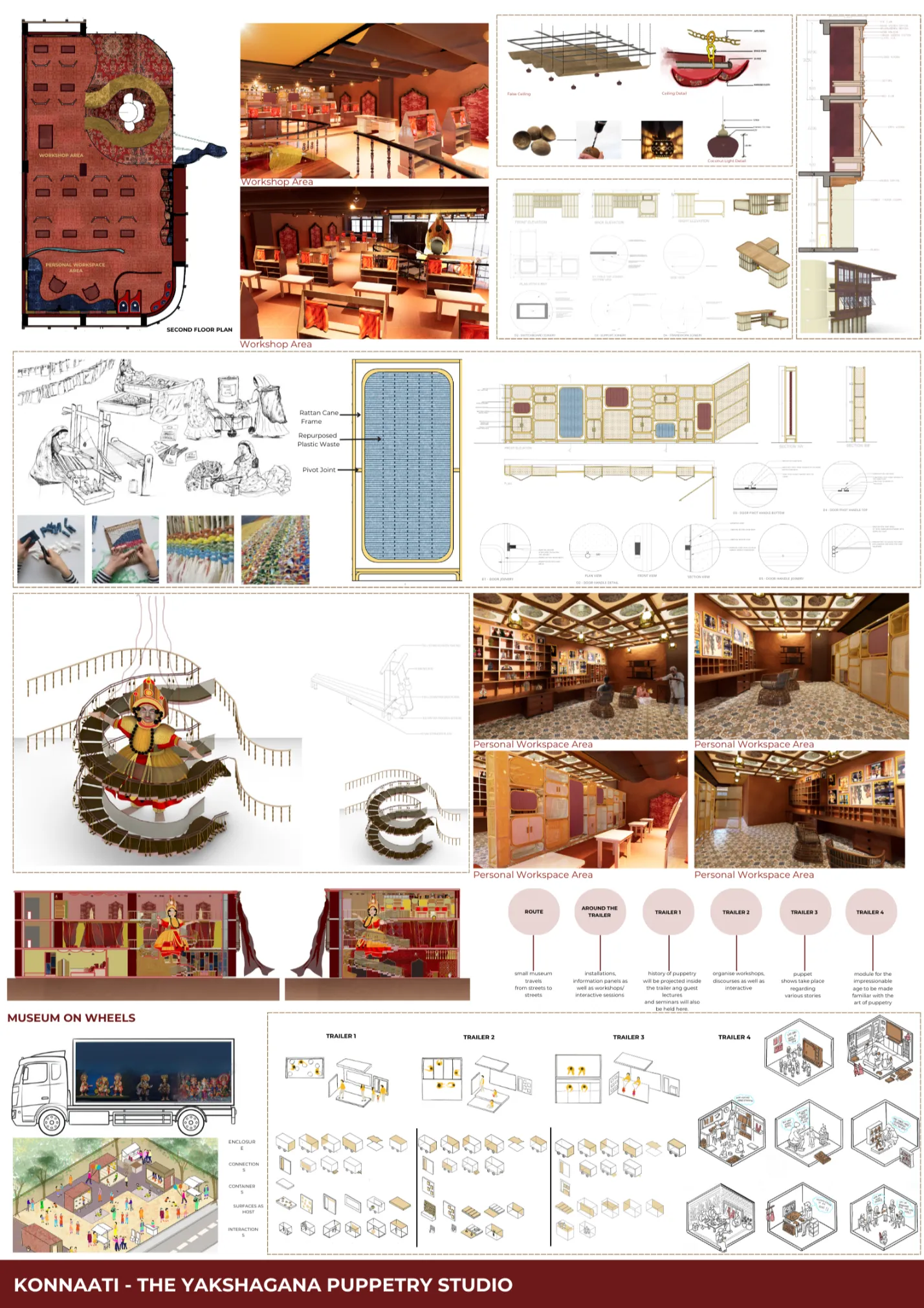
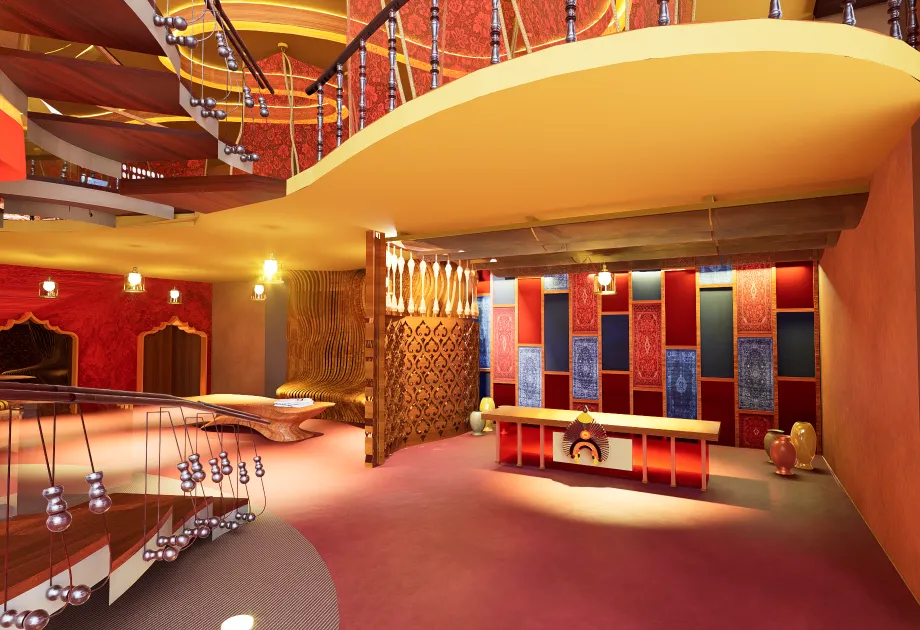
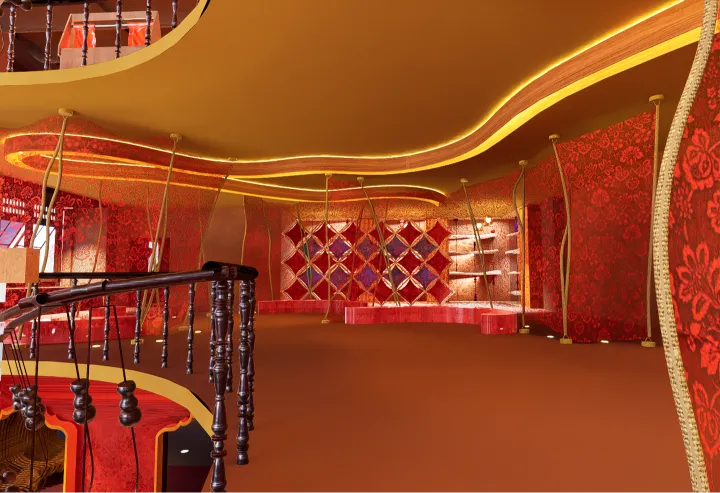
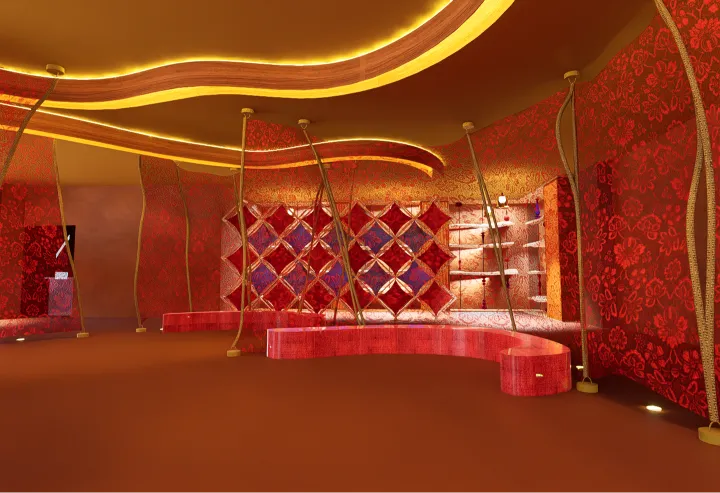
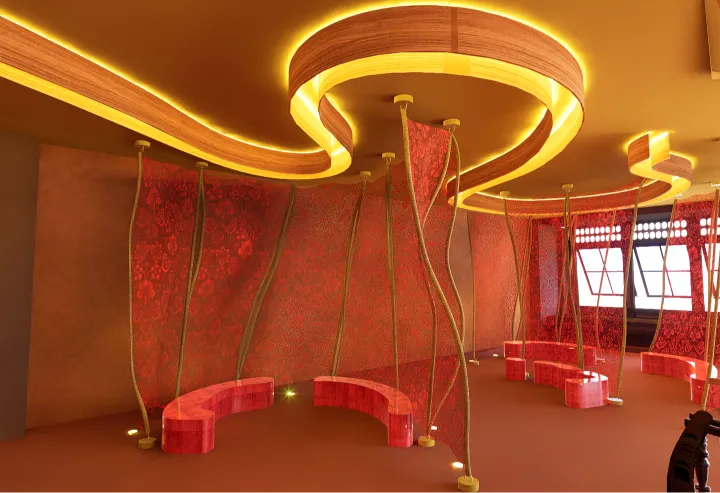
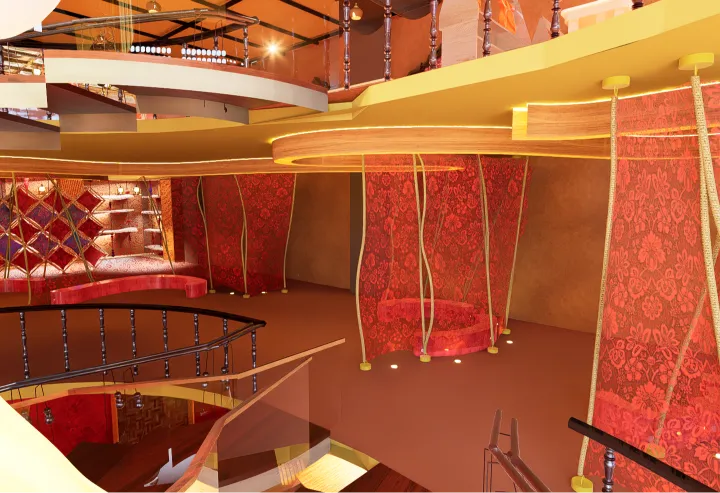
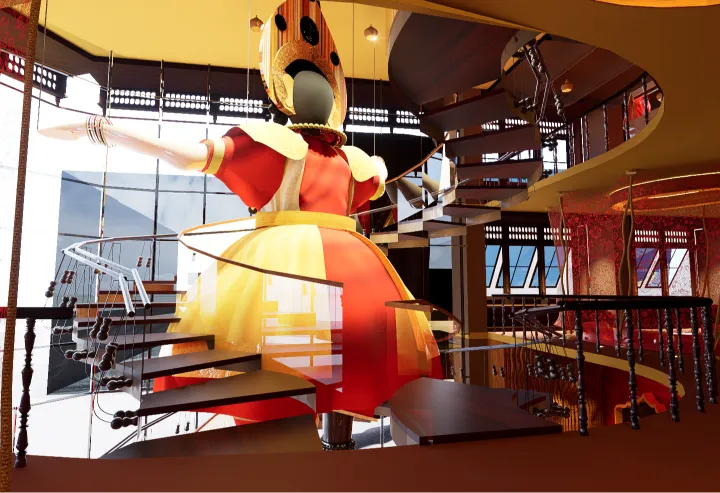
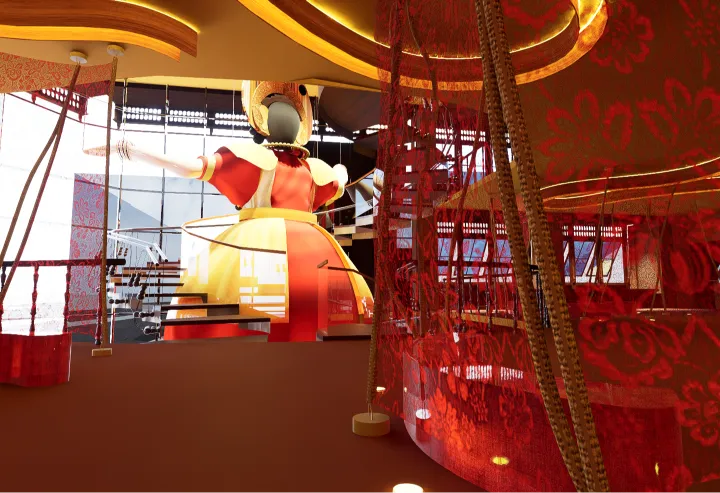
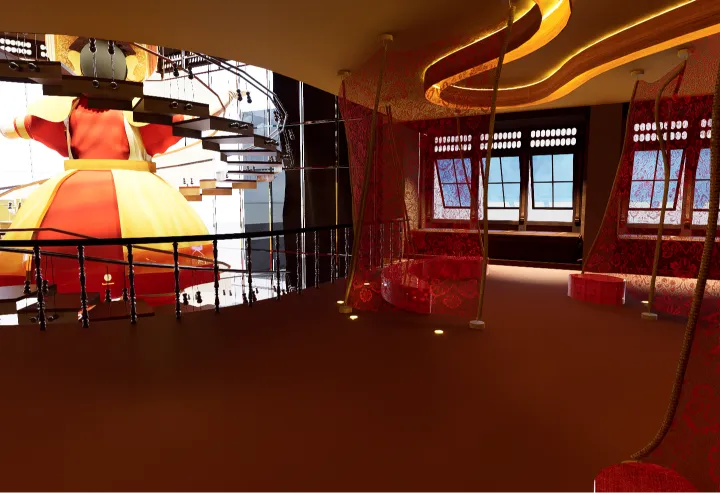
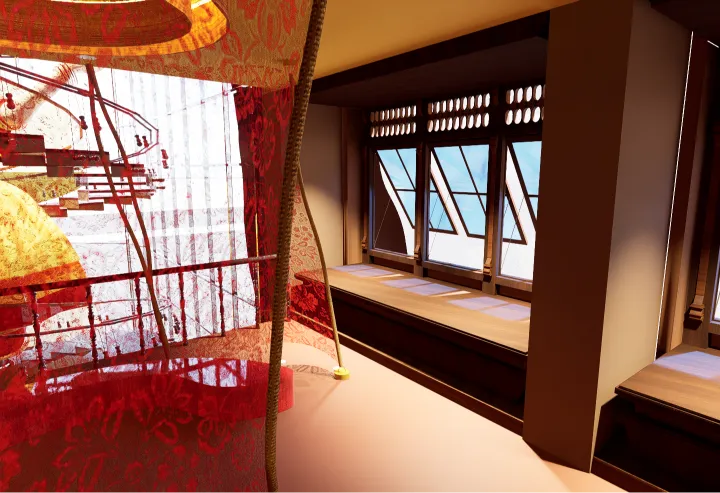
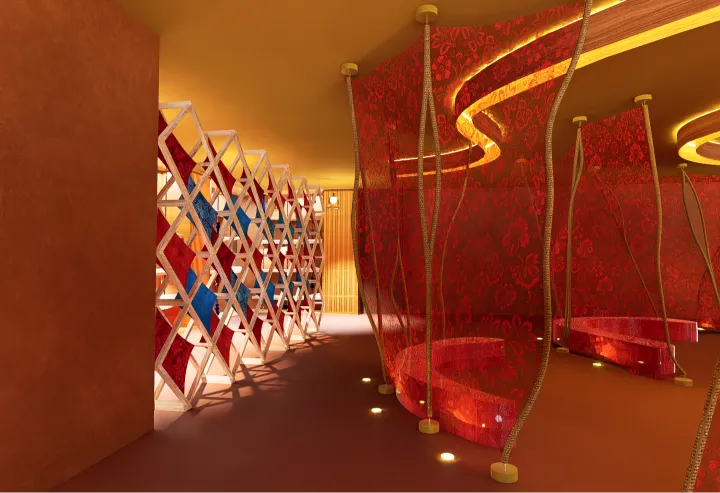
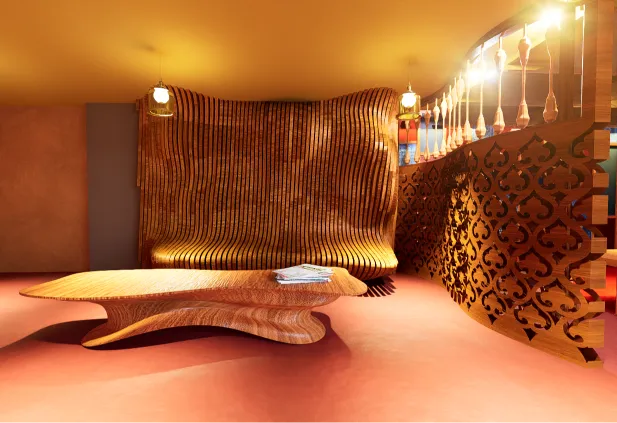
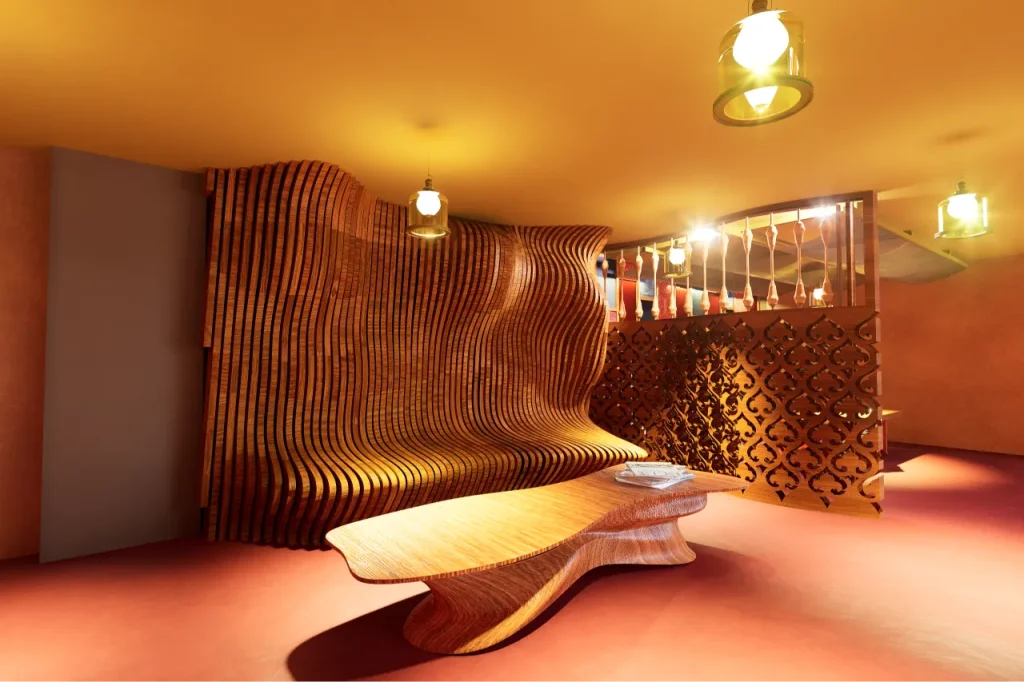
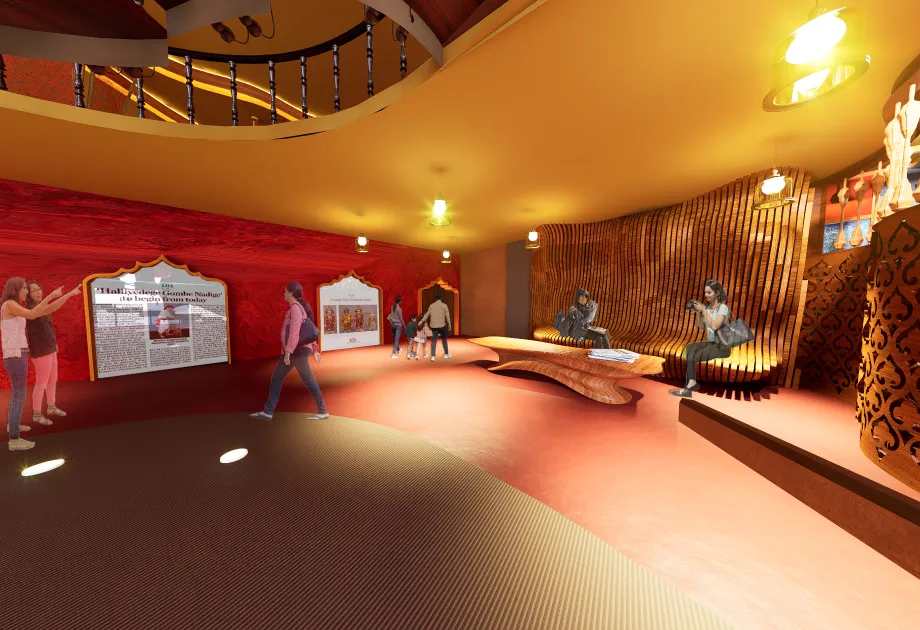
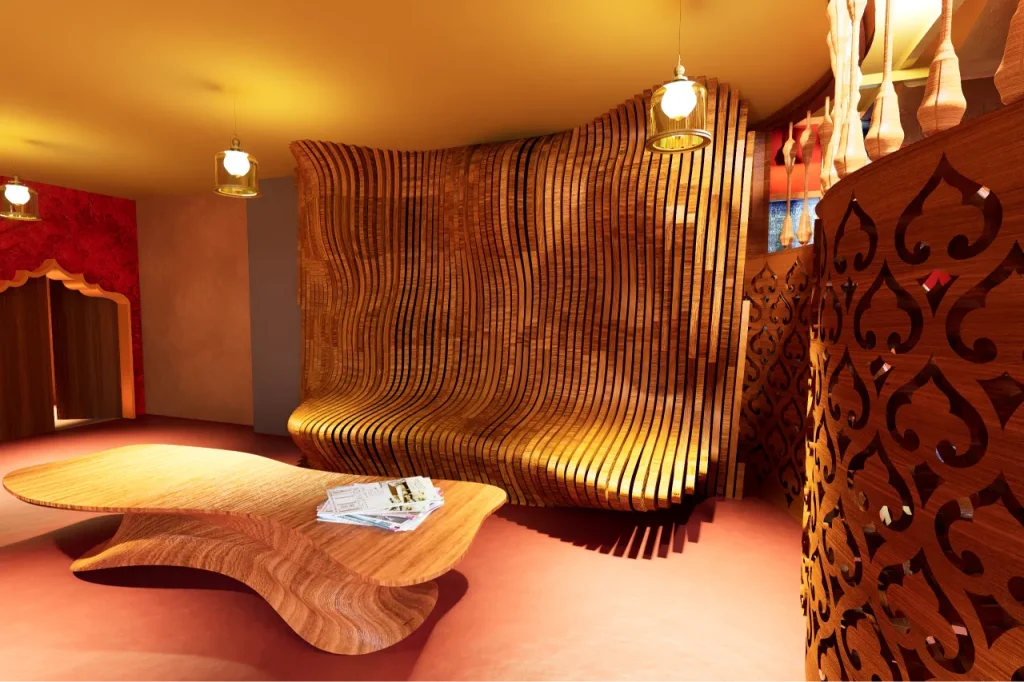
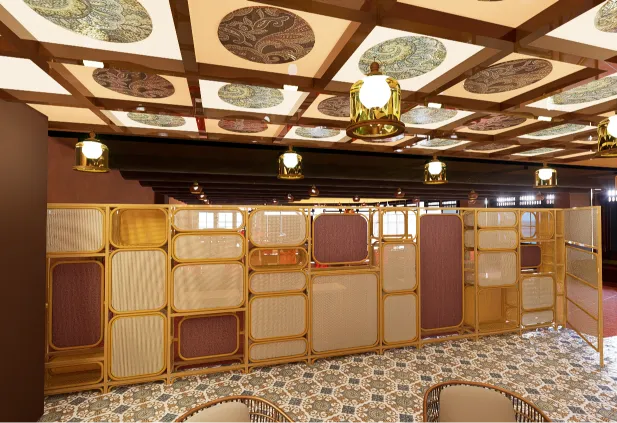
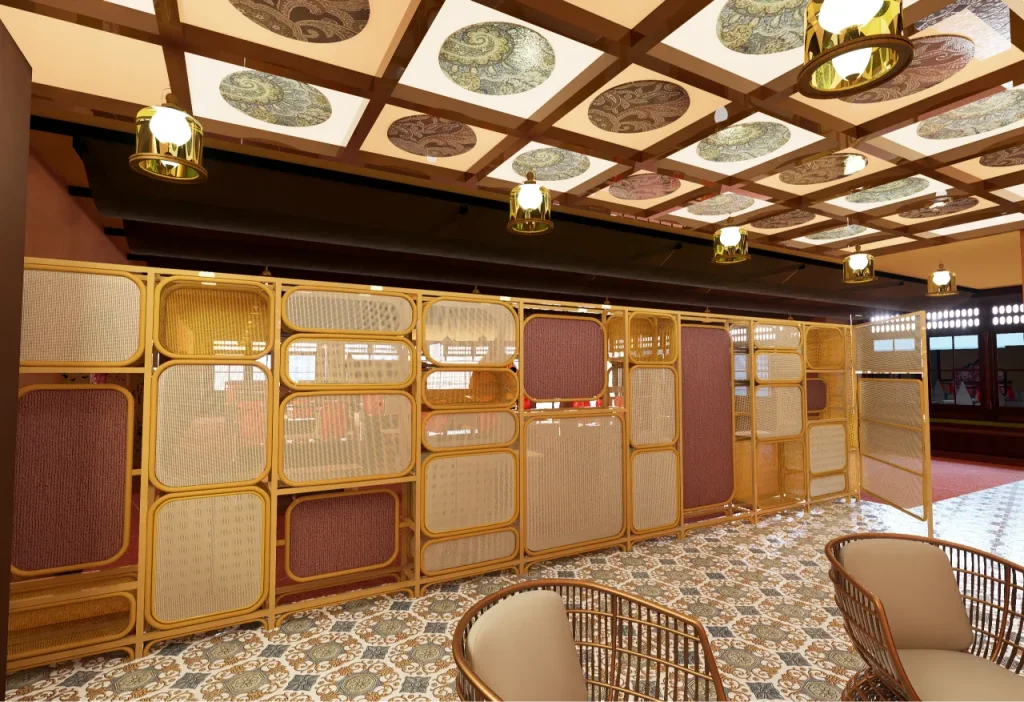
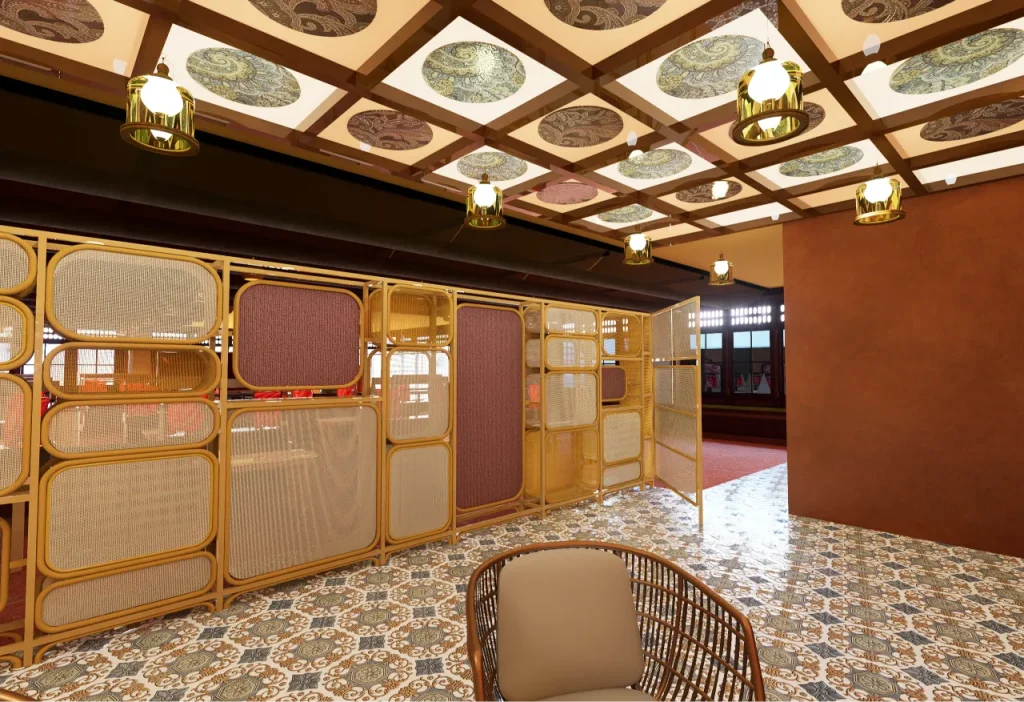
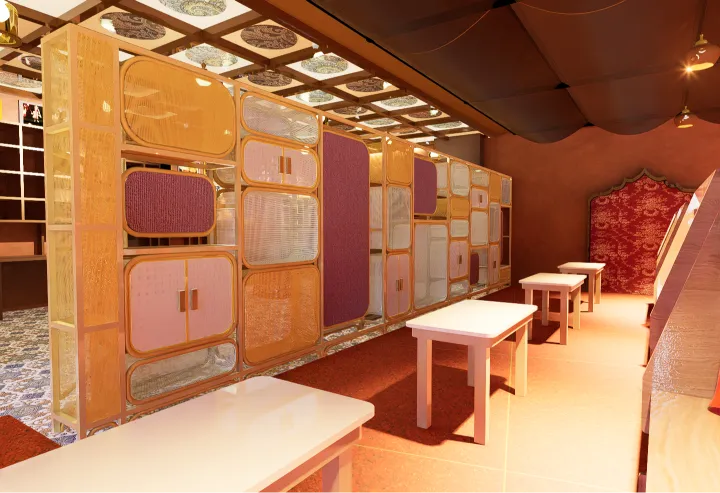
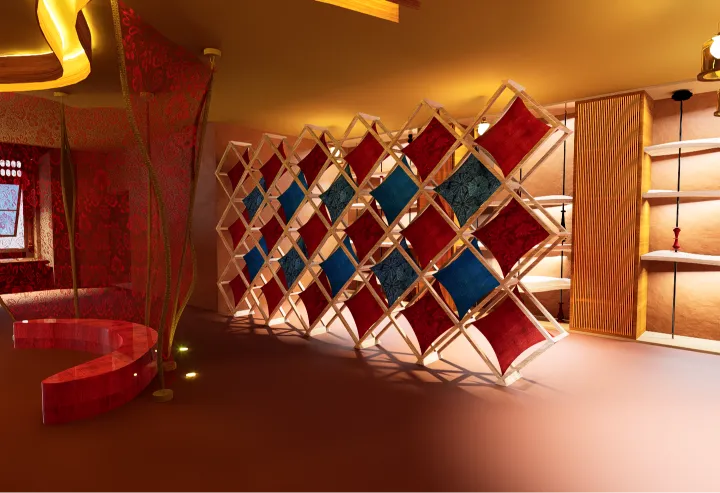
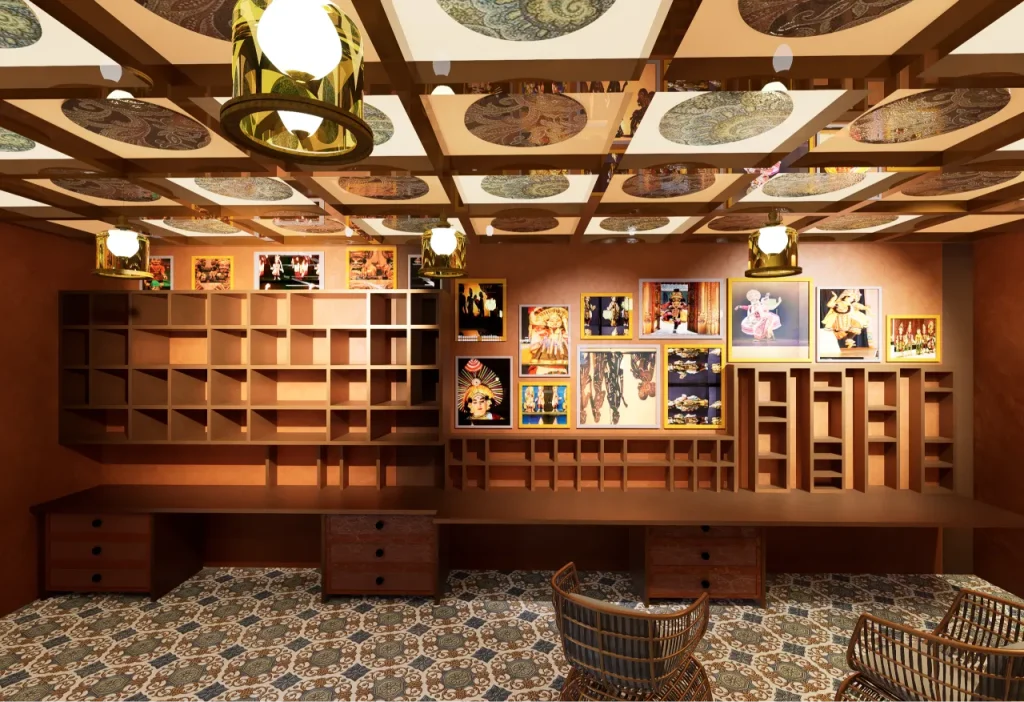
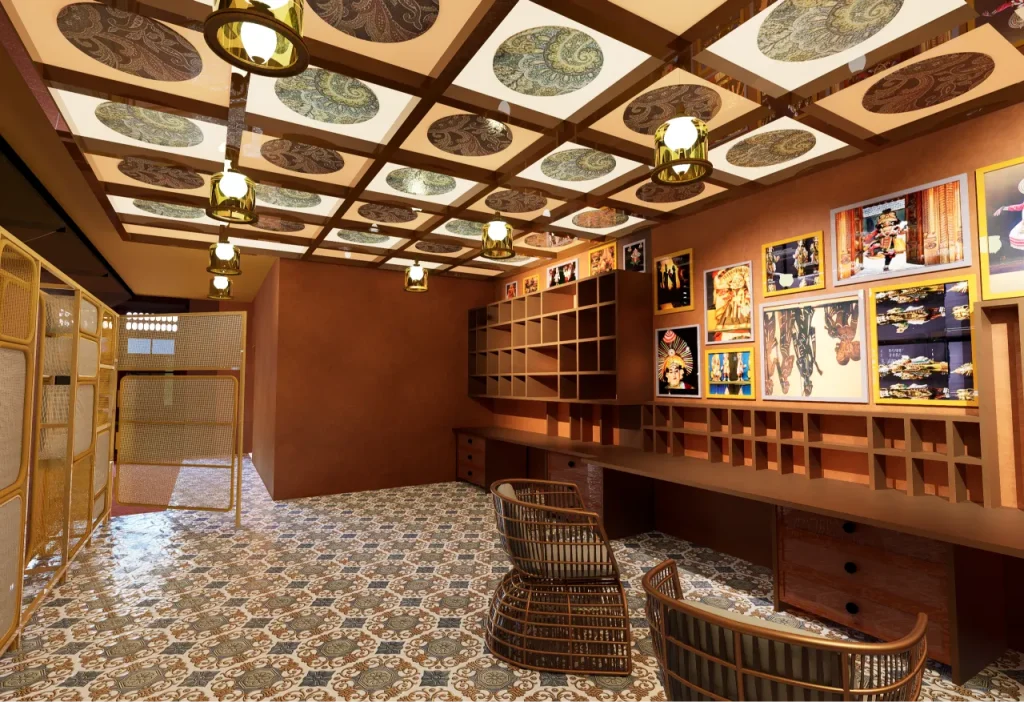
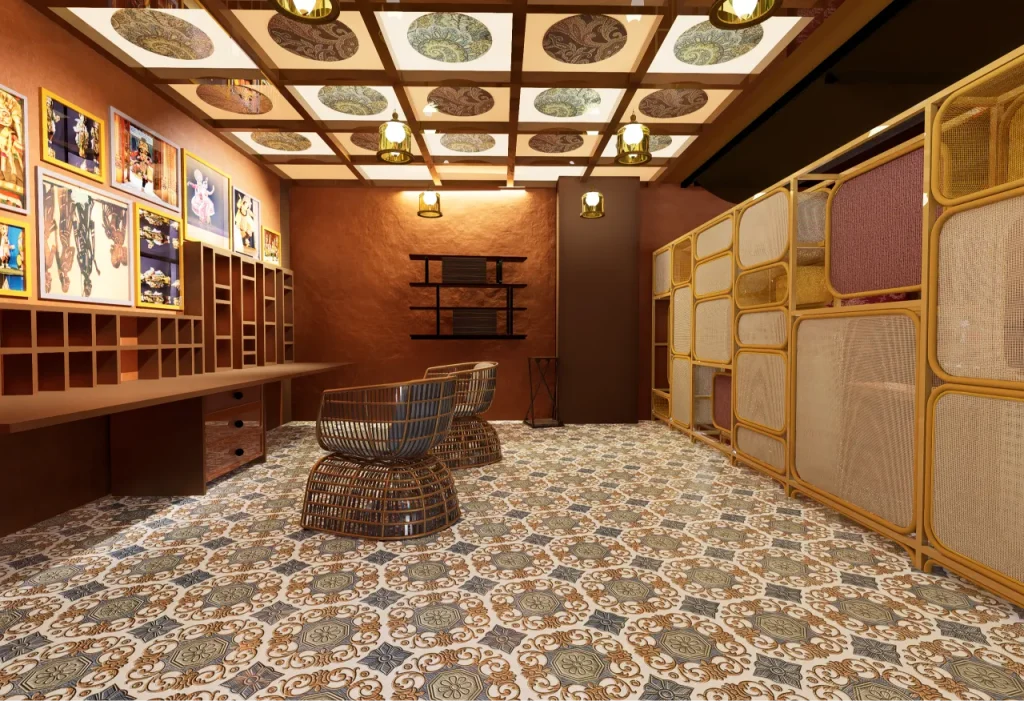
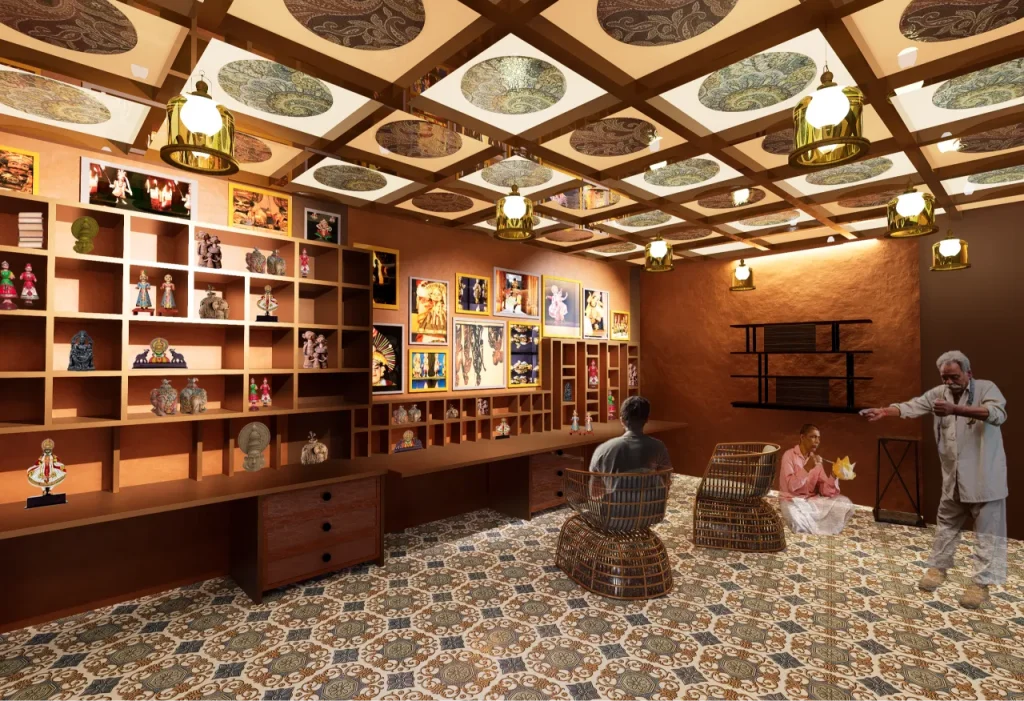
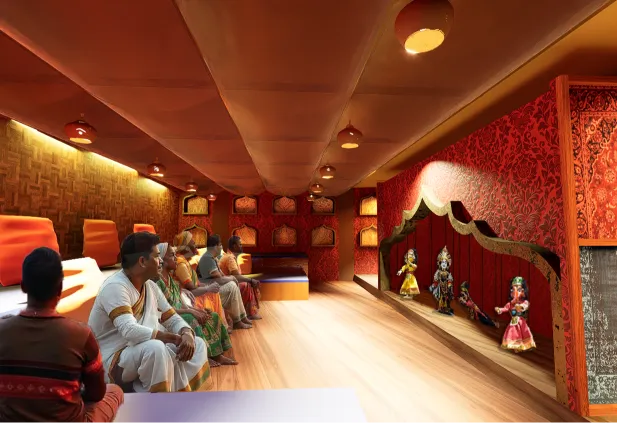
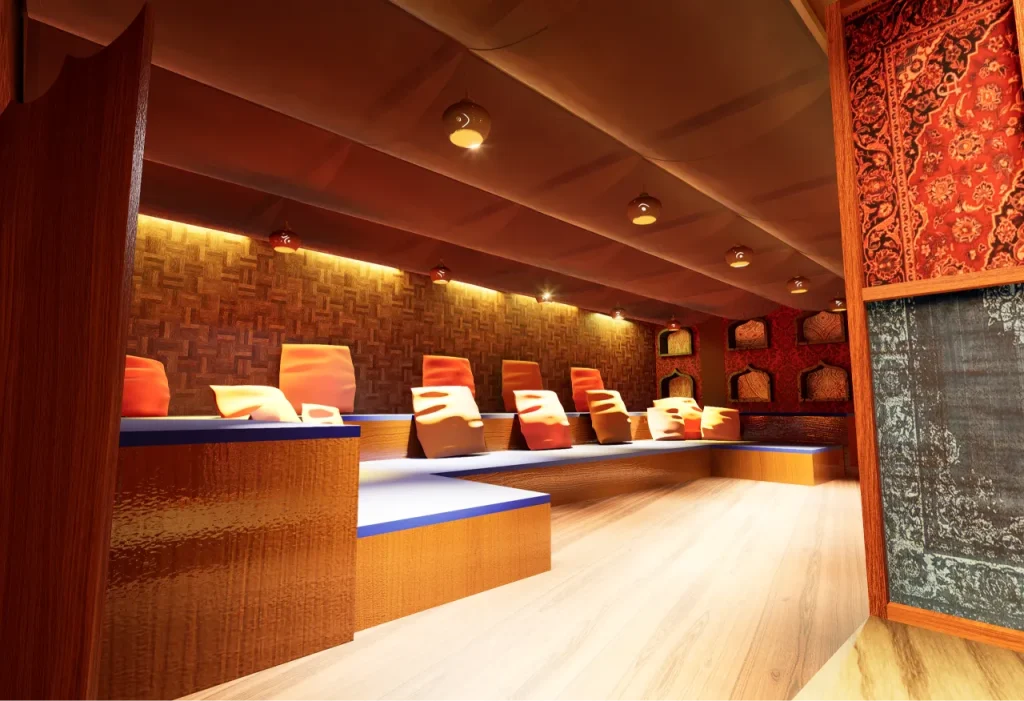
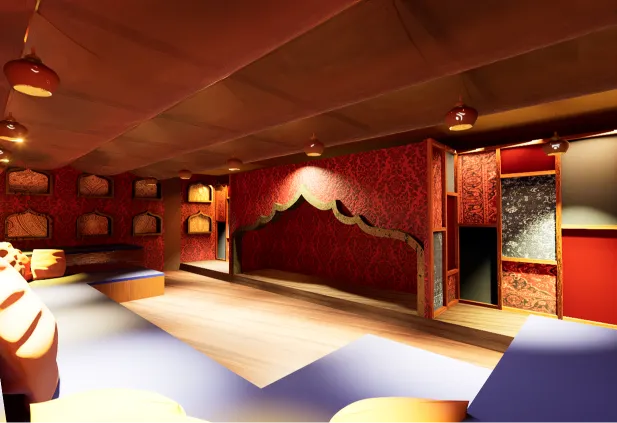
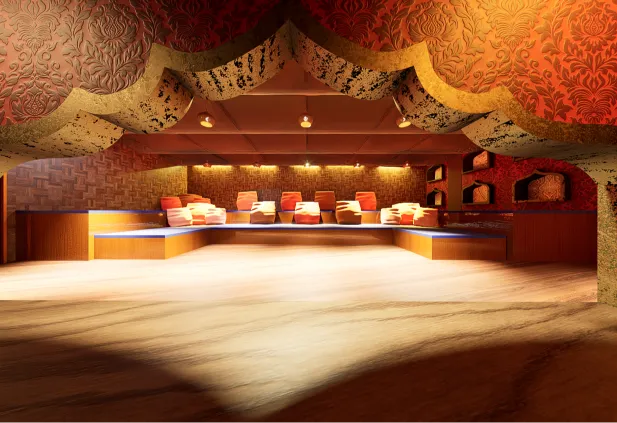
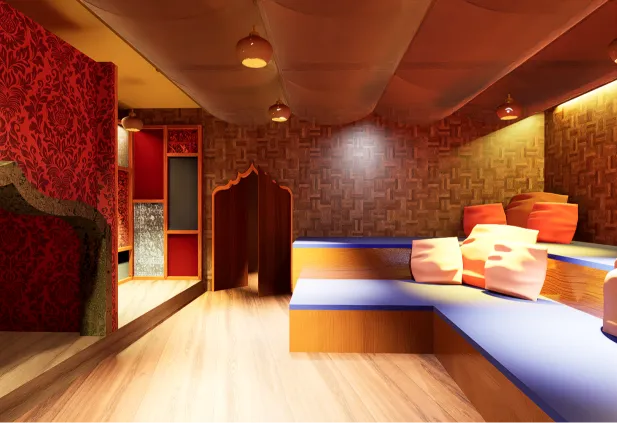
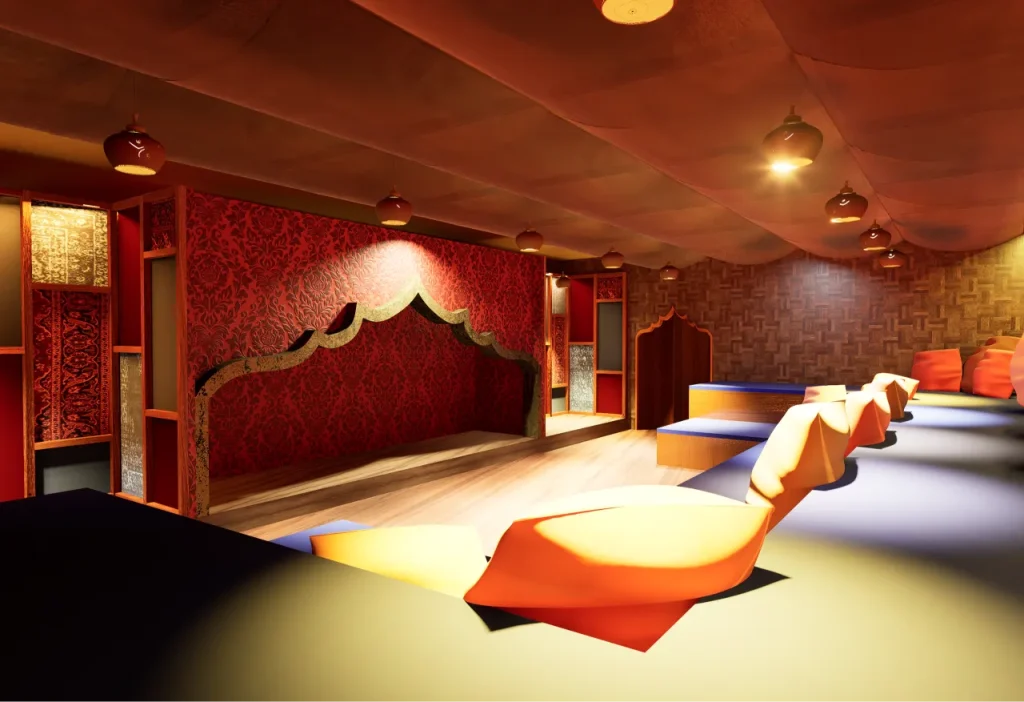
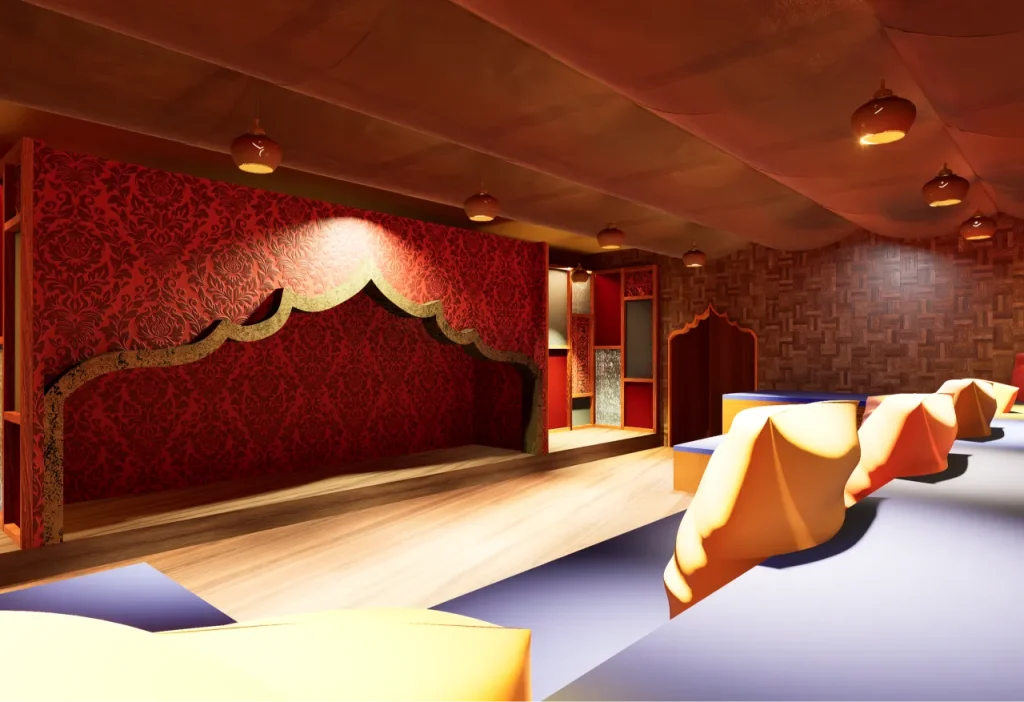
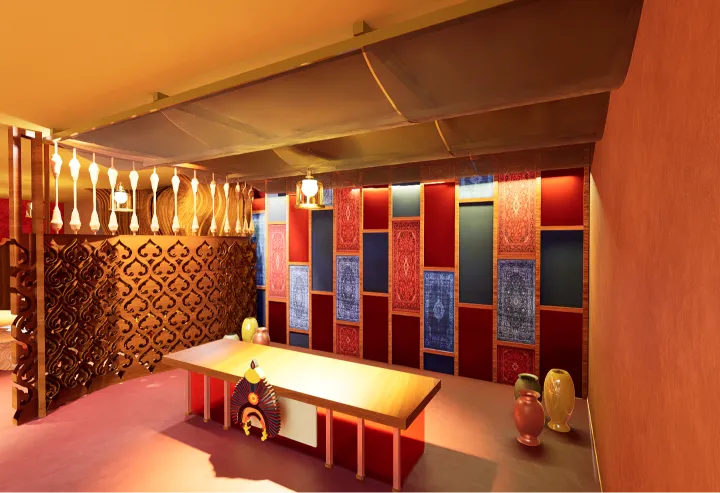
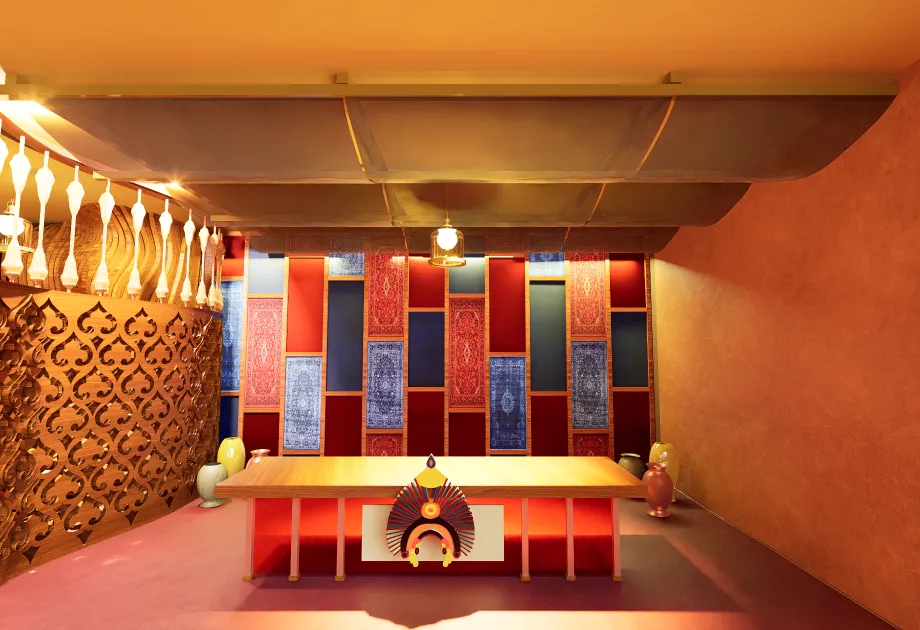
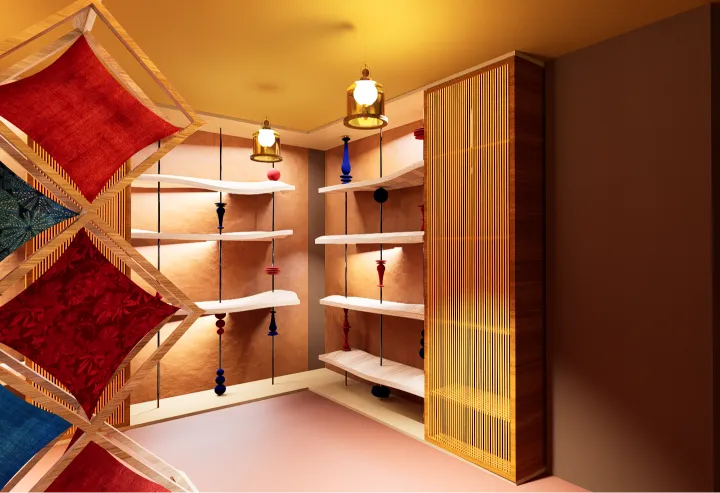
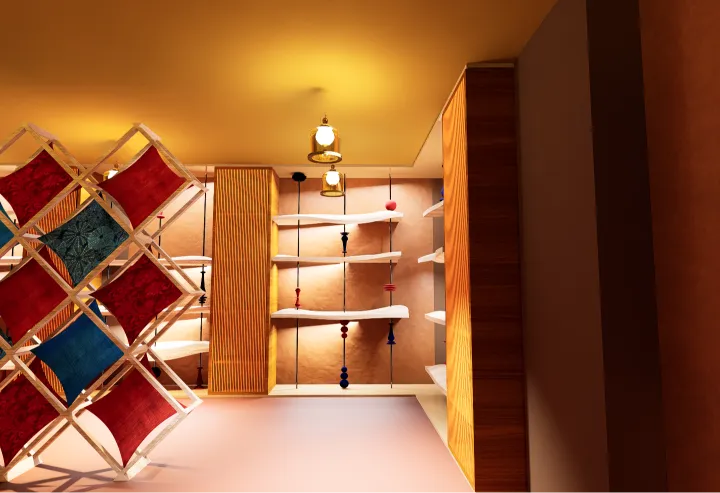
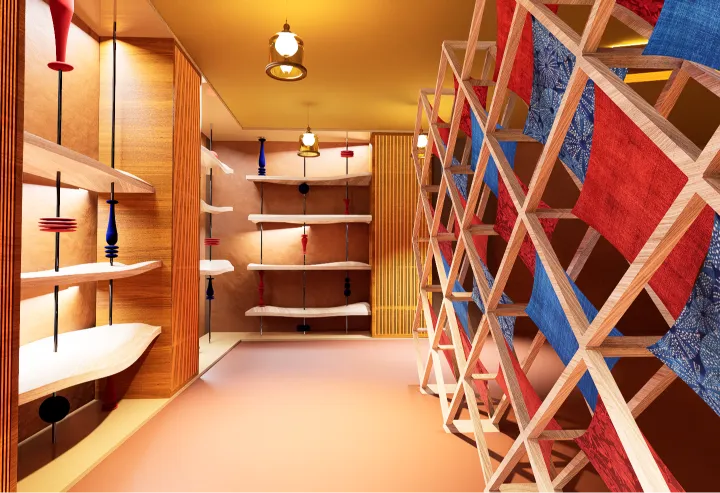
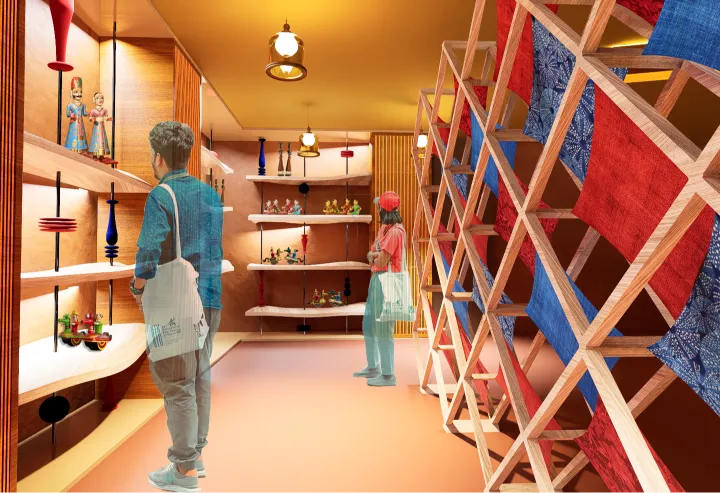
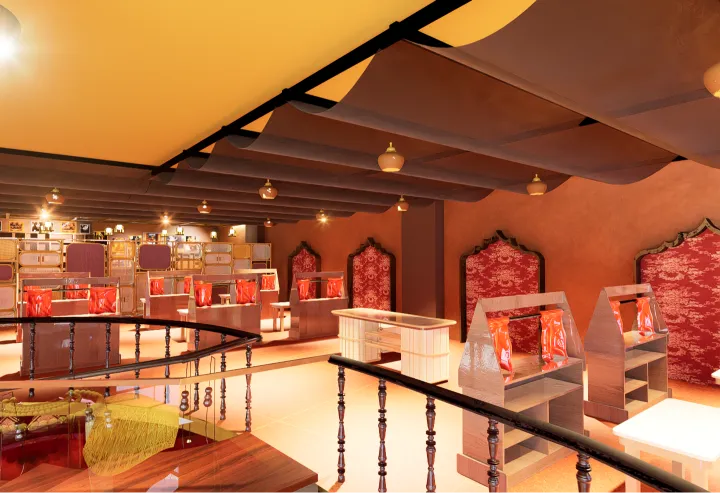
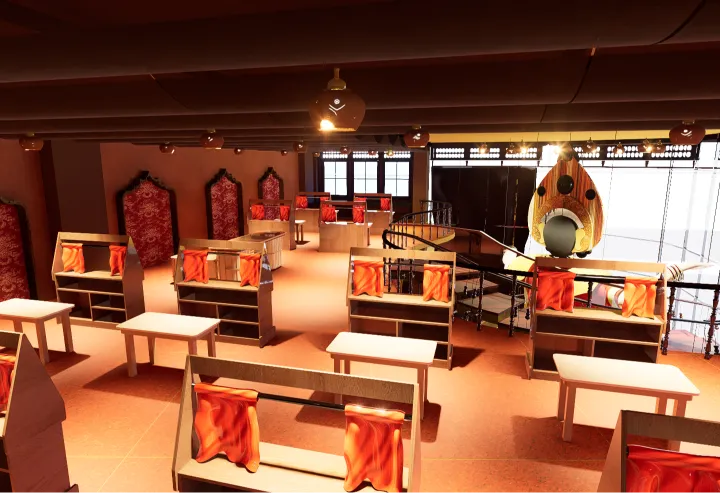
Showcase your design to an international audience
SUBMIT NOW
Image: Agrapolis Urban Permaculture Farm by David Johanes Palar
Top
Konnaati – The Yakshagana Puppetry Studio
Konnaati is a cultural intervention that bridges tradition and innovation through architecture, storytelling, and sustainability. Located on MG Road, Bengaluru—an epicenter of creativity and connectivity—the project reimagines an urban void into a vibrant platform celebrating the dying art of Yakshagana Gombeyaata, Karnataka’s traditional puppetry.
Rooted in the epic narratives of South India, Yakshagana puppetry is a rich form of performance that dates back over a century. These puppets, carved from the halemara (blackboard tree), come to life through master puppeteers who manipulate six strings to enact mythological tales. Konnaati is envisioned not only as a space to showcase this tradition but also as a participatory hub where community, craft, and contemporary design intersect.
The name Konnaati is derived from “konne” (corners) and “nati” (actors/puppets) in Kannada, signifying the intimate street-corner performances of the past. The architectural and material language draws heavily from the Dravidian heritage, while embracing modern sustainability principles. The design metaphorically resembles a bookshelf—a container of stories—where puppets are displayed, narrating tales through both static and performative means.
The studio uses reclaimed wood, recycled coconut shell panels, flexiply seating, and cane mesh partitions to embody a cradle-to-cradle philosophy. Surfaces and partitions are constructed using puppet-making waste, rattan cane, and urban plastic waste, converting potential discards into functional, beautiful elements. Textiles of varying transparencies and recycled fabrics reflect the play of light and shadow, echoing the dramatic essence of the puppetry art form.
The design emphasizes accessibility and inclusivity. Located opposite the Rangoli Art Centre, the studio complements an existing cultural landmark, creating a synergistic public art corridor. Its layered spaces range from public performance zones to private workspaces, encouraging free-flowing movement and layered interactions. A large puppet suspended in the atrium, encircled by a spiral staircase, becomes the emotional anchor—evoking wonder and curiosity.
Programmatically, the ground floor includes the reception and waiting areas, leading to a gallery and performance space. Red oxide flooring and reclaimed furniture establish a sense of warmth and rootedness. The upper levels house puppet exhibitions, souvenir spaces, workshops, and puppeteer workspaces. Lighting strategies—such as recessed ceiling lights and coconut shell pendants—enhance mood and wayfinding, especially within fabric-draped enclosures that reveal and conceal the puppets as visitors move.
Bay windows on both floors offer moments of pause and reflection while adding depth to the studio’s facade. The design reflects a balance of solid and void, structure and fluidity—mirroring the dual nature of puppetry as both spectacle and craftsmanship.
To extend the reach beyond the physical studio, Museum on Wheels—a modular, mobile extension of the project—brings puppetry to streets and schools via interactive trailers. These trailers act as mobile installations that educate, engage, and preserve. The fourth trailer, in particular, targets younger audiences to foster early interest in traditional arts, countering the cultural erosion brought on by rapid technological change.
In essence, Konnaati is more than a building—it is a living, evolving tribute to cultural preservation, sustainable design, and community empowerment. By integrating waste lifecycle solutions, repurposed materials, and a performative spatial experience, the project aims to create a self-sustaining ecosystem that keeps Yakshagana puppetry alive for generations to come.









































